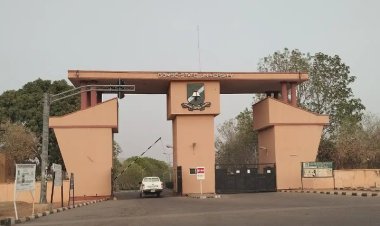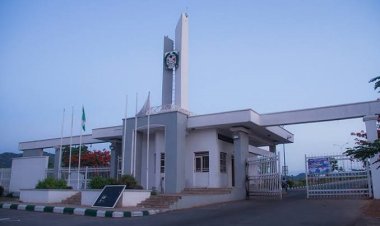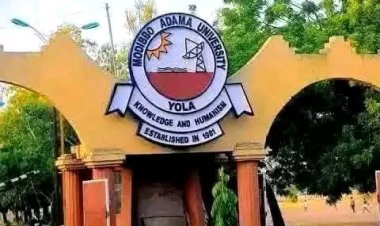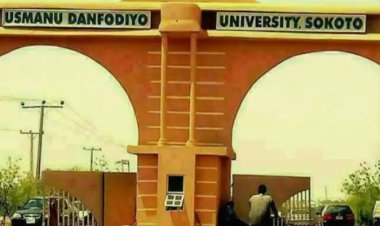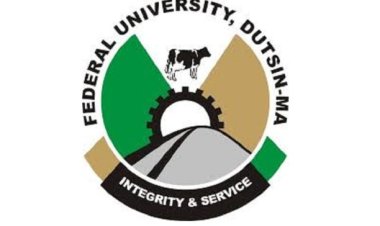University Don Underscores Crucial Role of Organic Waste In Driving Biogas Revolution
The University of Calabar (Unical) 126th Inaugural lecturer, Prof. Ernest Etta Asikong has underscored the crucial role of Organic Waste in driving the Biogas revolution while offering solutions to Nigeria's Energy Crisis and Climate Change.
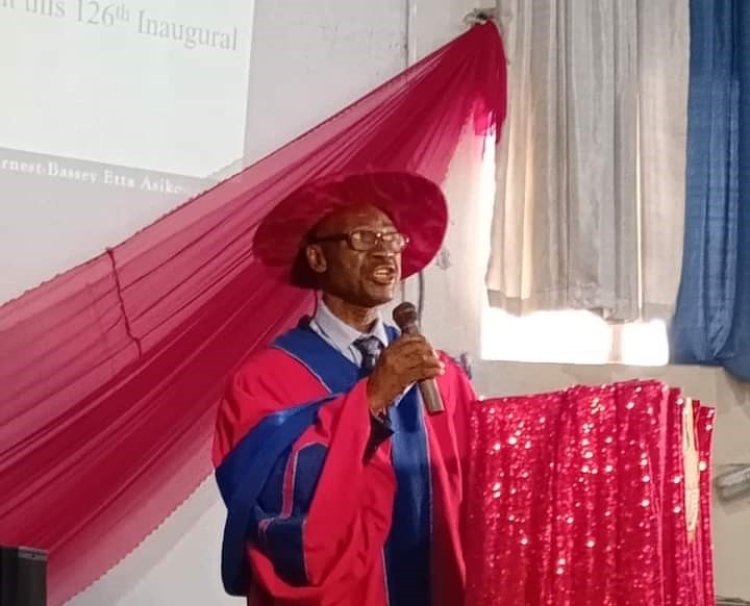
The University of Calabar (Unical) 126th Inaugural lecturer, Prof. Ernest Etta Asikong has underscored the crucial role of Organic Waste in driving the Biogas revolution while offering solutions to Nigeria's Energy Crisis and Climate Change.
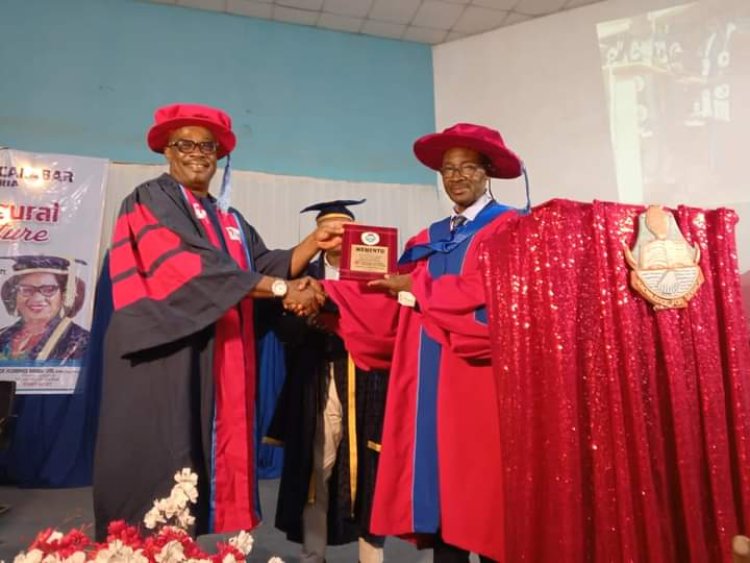
SUGGESTED: We Have Zero Tolerance for Examination Malpractice - UNICAL Council Chairman
Professor Ernest Asikong stated this at the Unical International Conference Centre while delivering the institution's 126th inaugural lecture on the topic; "Demystifying the Myth of Unprofitability of Microorganisms: Unraveling their Relevance To Humanity, The Environment and Renewable Energy Solution".
Prof Asikong said that the Potential of organic waste to generate biogas-methane if maximally tapped and harnessed for the establishment of modular and full-capacity refineries could undoubtedly proffer the much-desired solution to the energy crisis in Nigeria adding that it will also help in reducing the global problem of climate change arising from greenhouse gasses.
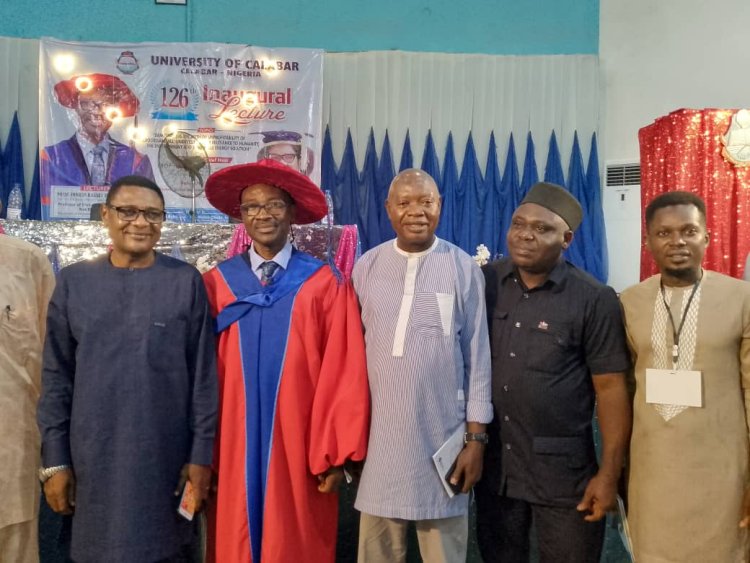
RECOMMENDED: UNICAL VC Sets Up 36- Man Committee for UNICAL at 5O Celebration
He stated that biogas can be applied in our laboratories for research, as cooking gas, and to power generators to generate electricity, thus serving as a renewable energy solution and a potential remedy to Nigeria's energy crisis.
According to him, Nigeria and Cross River State in particular are blessed with abundant, diverse and unexploited renewable energy resources and raw materials especially organic waste, for biogas that are yet to be used for providing clean fuel and help end the energy crisis and poverty, adding that one critical point in the biogas technology is that nothing is a waste as the effluents or slurry can be exploited as organic fertiliser to boost food production.
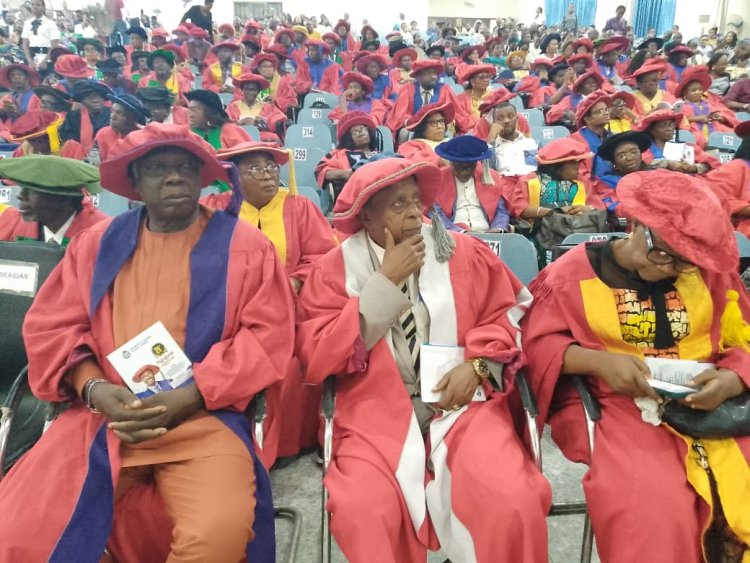
Ernest Asikong, a Professor of Environmental Microbiology and Biotechnology highlighted the importance of microorganisms in renewable energy, stressing that microorganisms have great potential to change the narratives in the biogas industries in Nigeria if methanogenic bacteria (Archaean) can be mass-produced to facilitate Biogas production at commercial scale in Nigeria.
Prof. Asikong who is the Director of SET P disclosed that microorganisms also have relevance in Agriculture, Medicine, the Pharmaceutics Industry, the Petroleum industry in the Bioremediation of Oil Spills, as direct and indirect food sources as probiotics, and in the management of waste and control of Global warming among others.
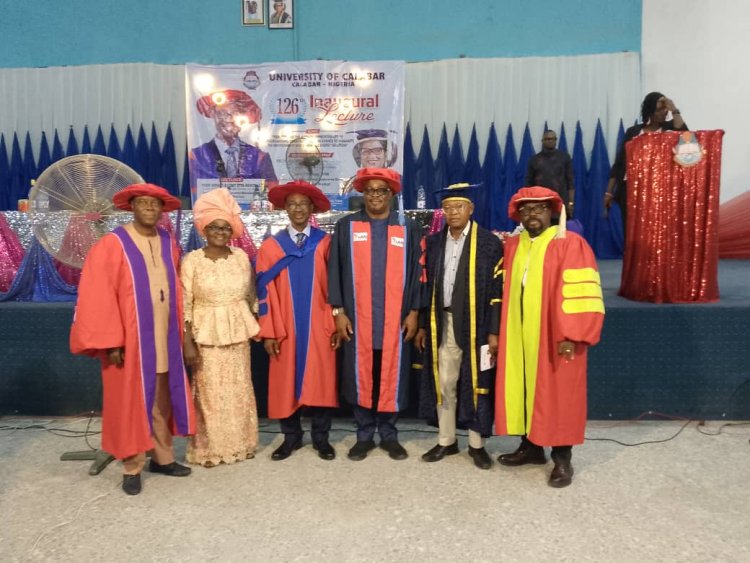
READ MORE: Mercy Chinwo, Husband Offer Full Scholarships to UNICAL Students
This is even as he explained that though microorganisms have been implicated as causal agents of certain diseases, they can be controlled by the simple practice of regular effective hand washing.
He further maintained that the need to be proactive in preventing microbial infections through deliberate policies on hand washing, given its importance as the single most effective and inexpensive way to prevent diarrhoea and acute respiratory infections (ARI).
The inaugural lecturer, suggested that the exploitation of Microorganisms in genetic engineering should be encouraged and enhanced for quality products such as essential drugs and foods (GMO), with utmost caution.
Prof. Asikong called on the government to be deliberate in its effort to develop its Indigenous technology that will be suitable and convenient to the nation’s peculiar circumstances, especially, concerning technological know-how that can be applied by our rural dwellers, based on proximity to raw material availability, human and economic resources adding that "No developed country may be ready to transfer its already developed technology due to political power play, security, economic and capitalistic monopoly ..."
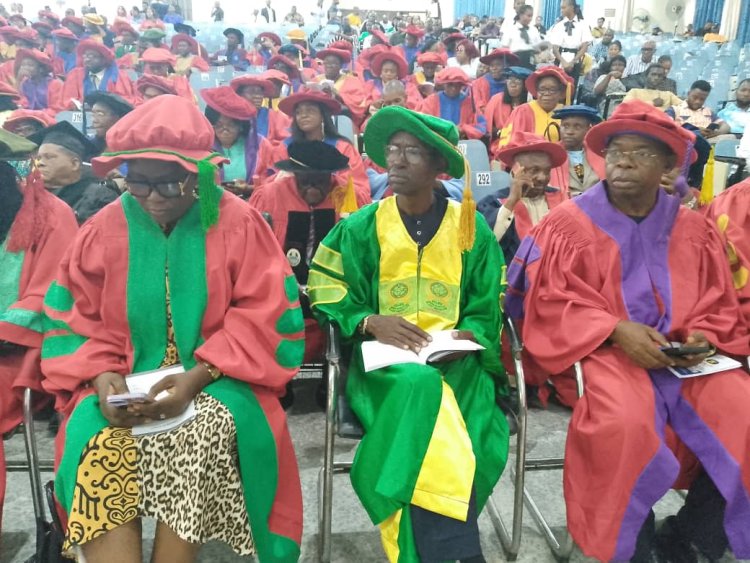
In her remarks, the Vice Chancellor of the University of Calabar, Prof. Florence Obi, commended the inaugural lecturer, Prof. Ernest Asikong for his contributions to knowledge in his area of specialization which is Environmental Microbiology and Biotechnology while lauding his advocacy towards the relevance of microorganisms to humanity, the environment and renewable energy.
The Vice-Chancellor who was represented by the Provost, College of Postgraduate Studies, University of Calabar, Prof. Eyong U. Eyong, stated that the lecture is a wake-up call on how best humans should treat microorganisms to their advantage.

